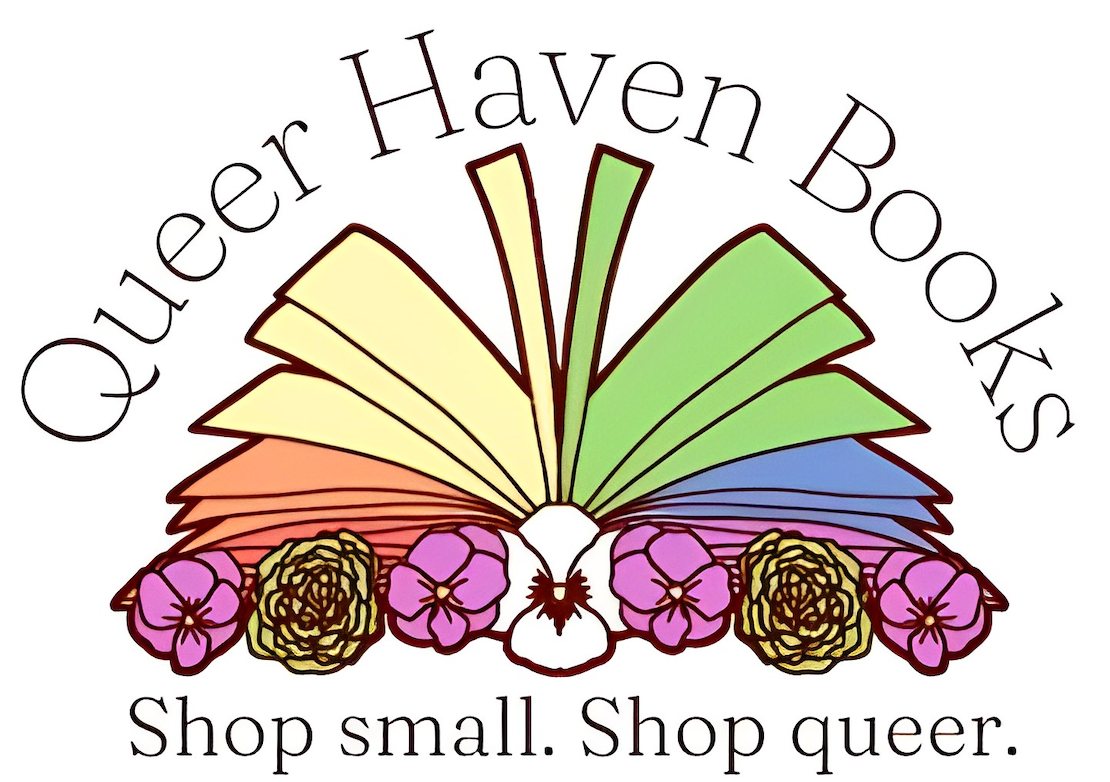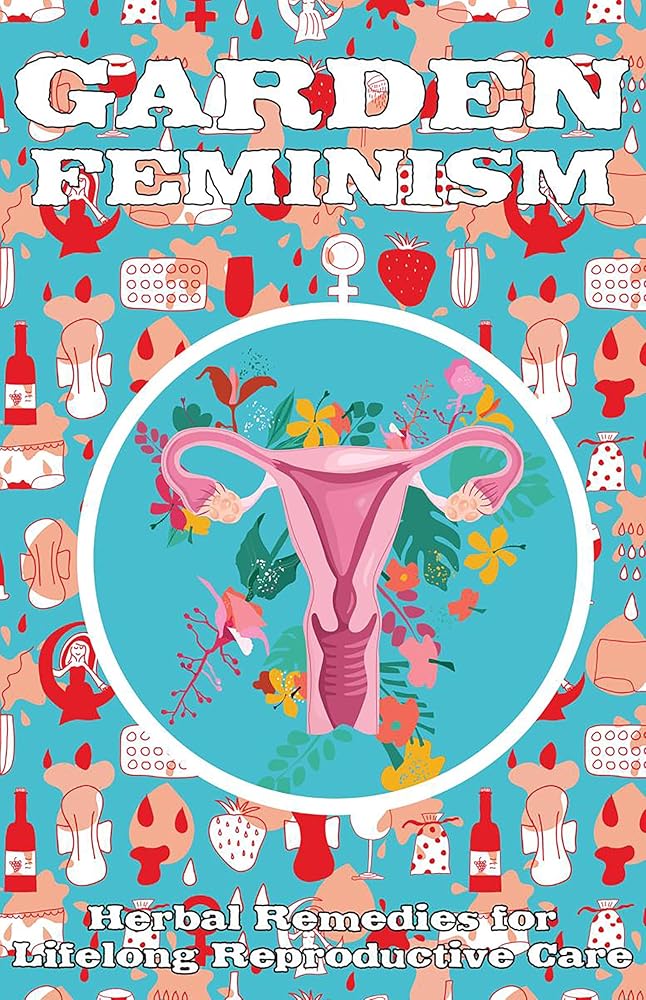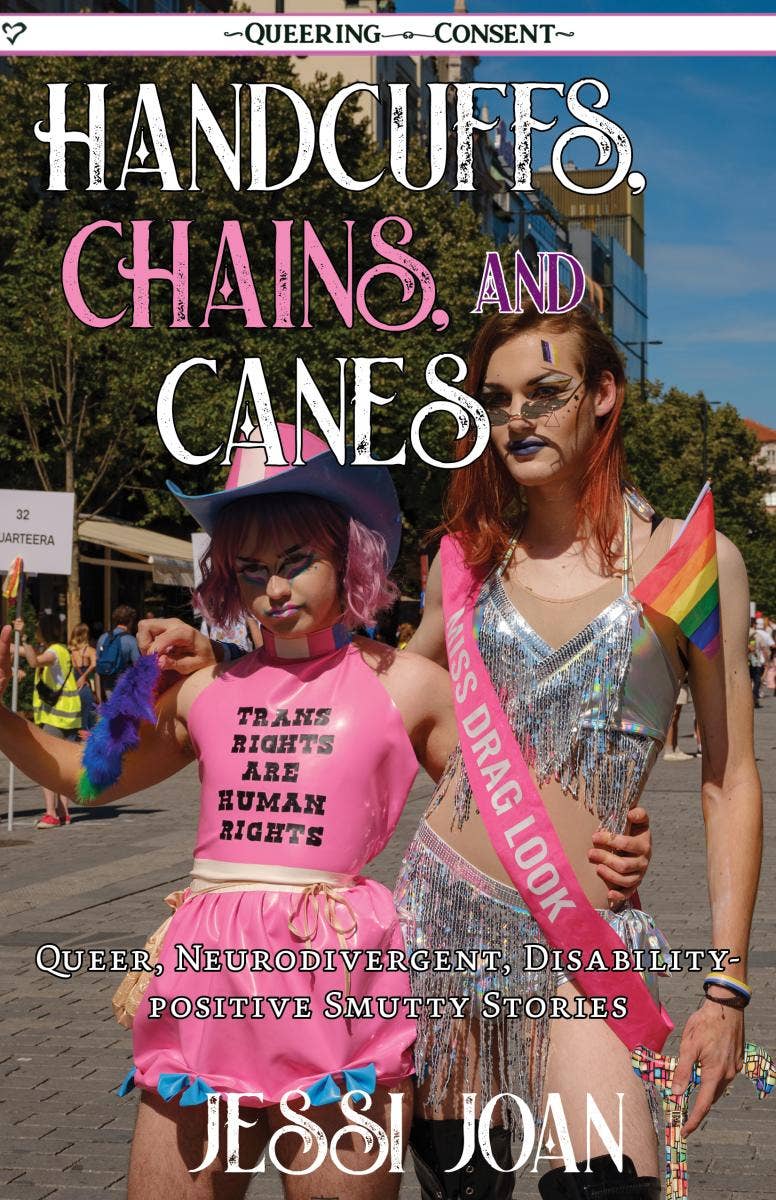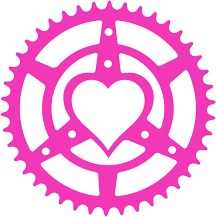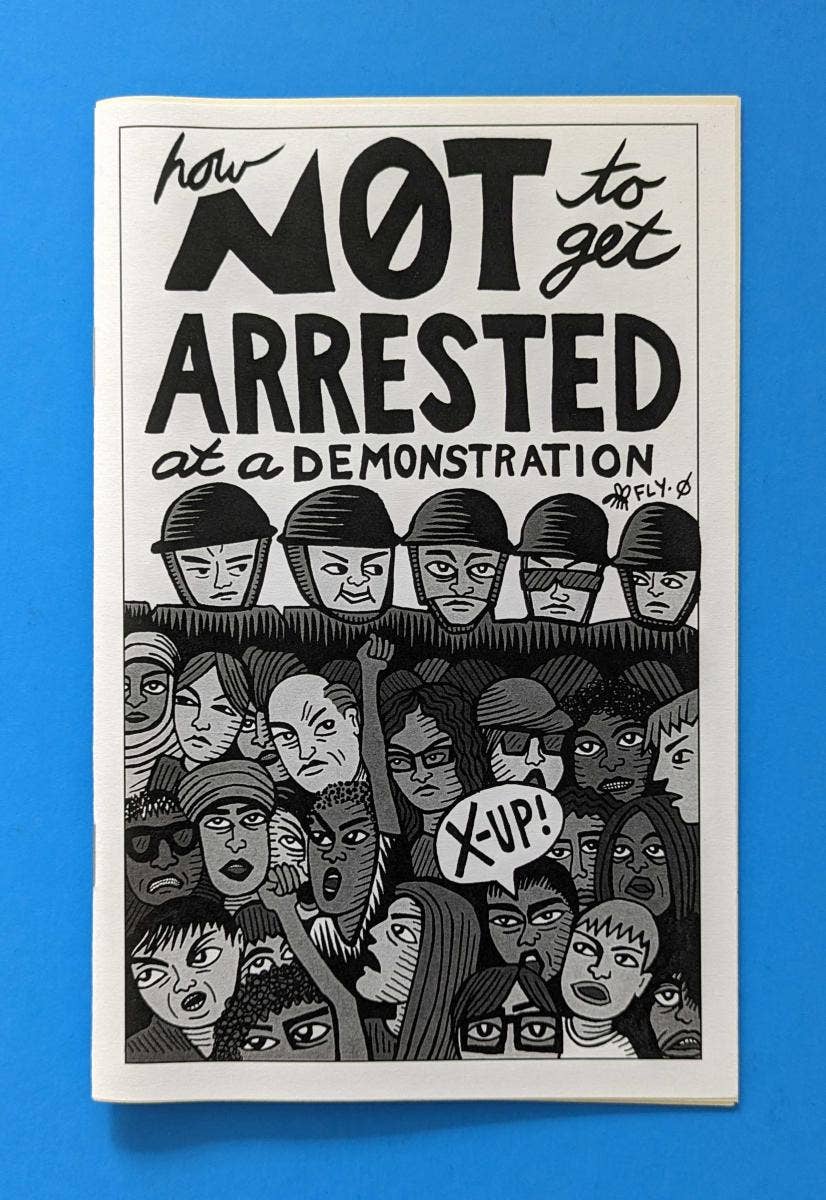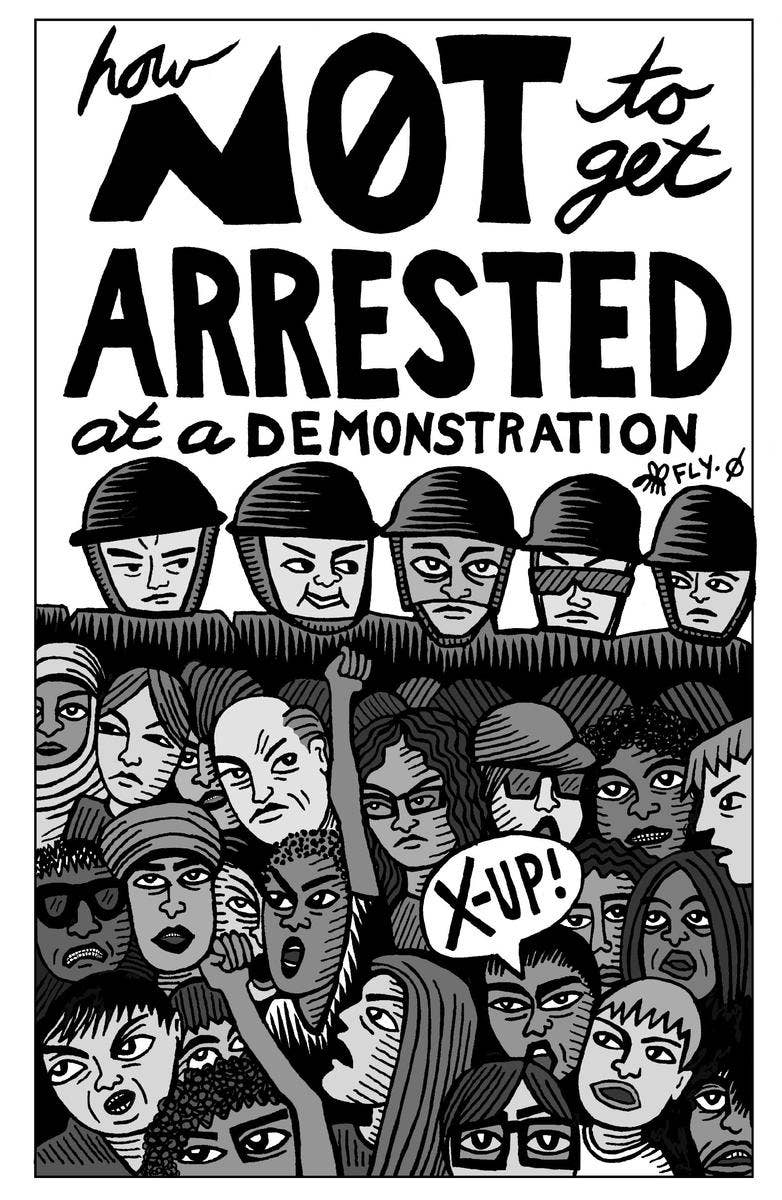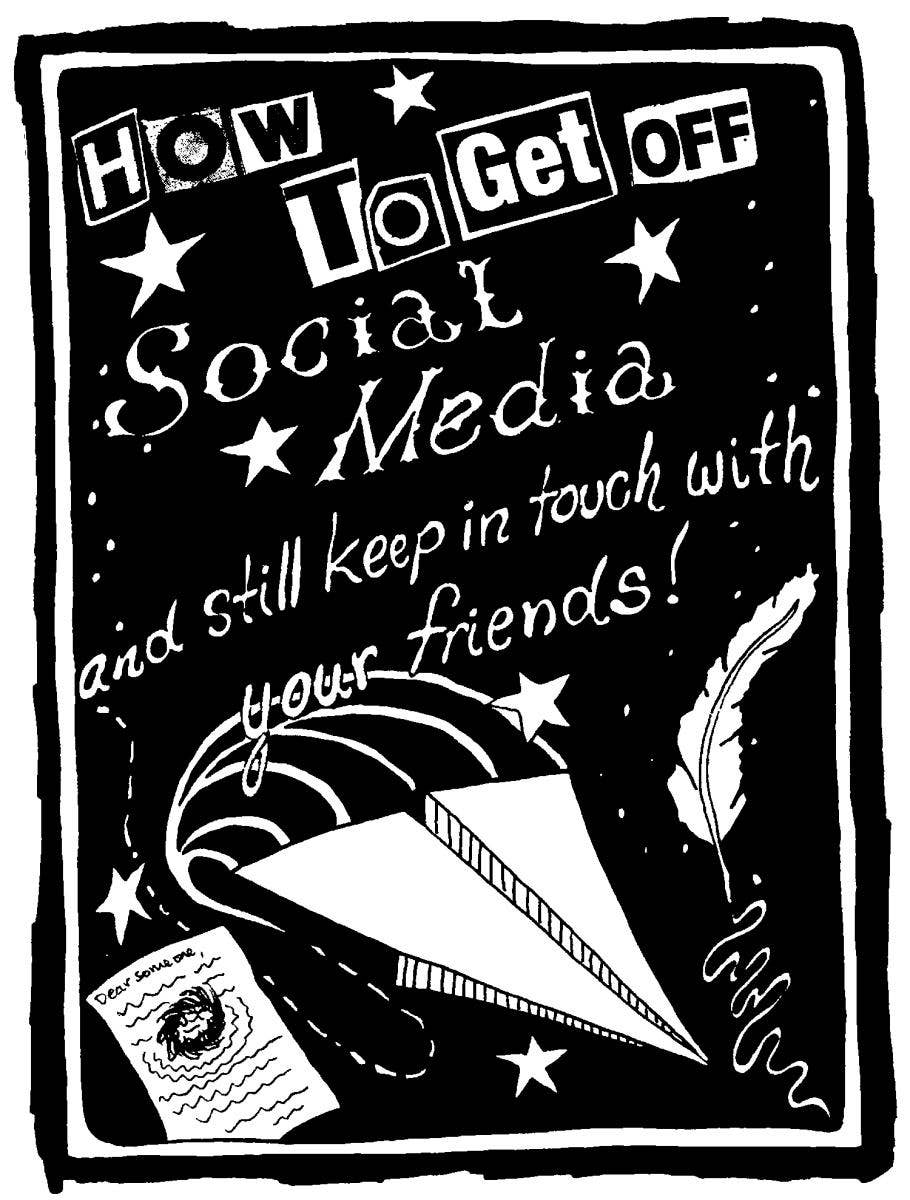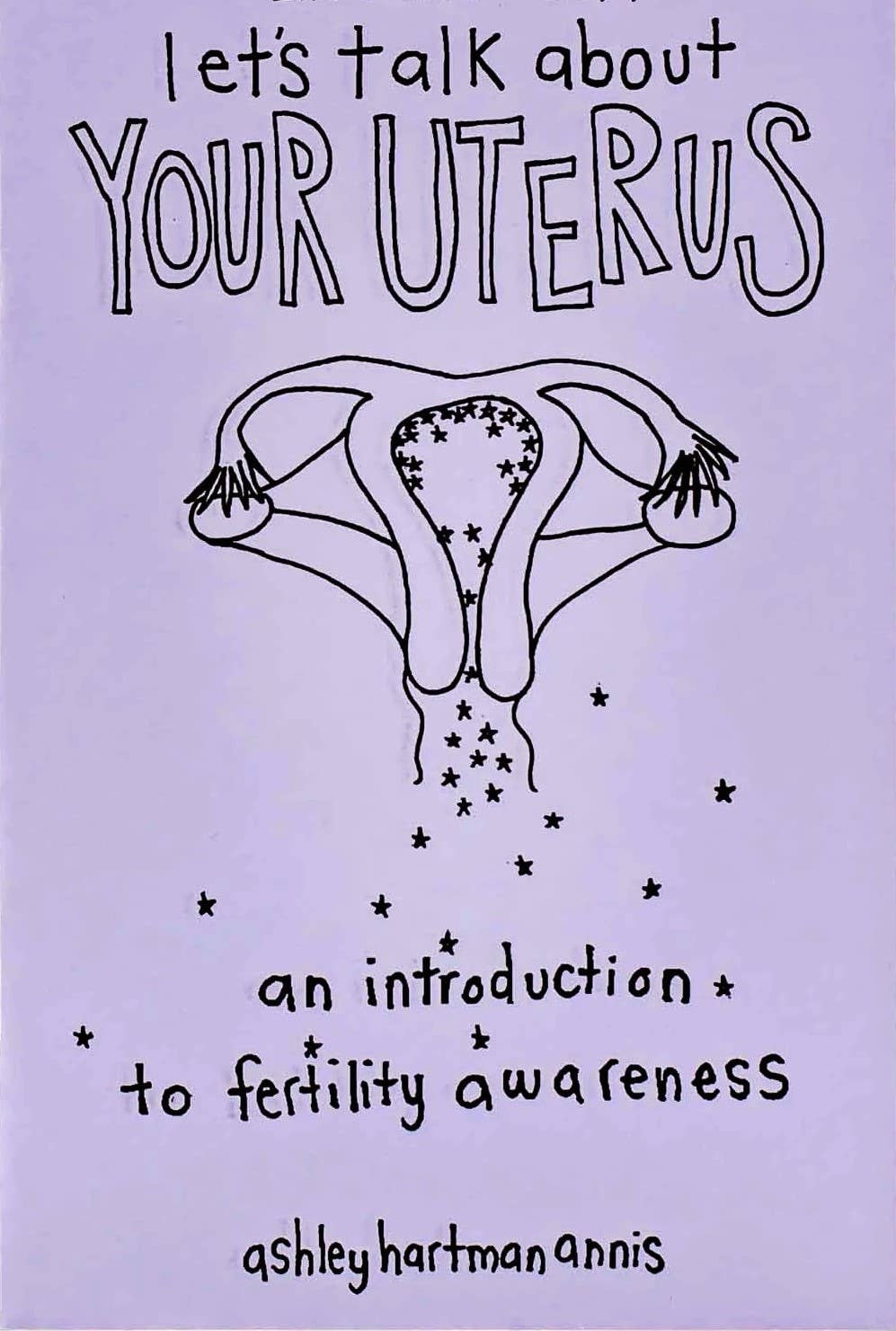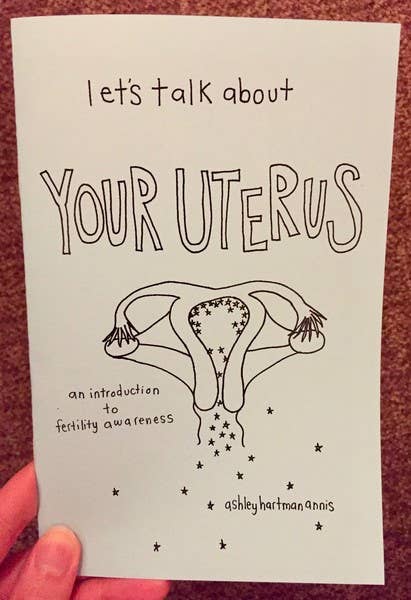Sort by:
59 of 2063 products
59 of 2063 products
A ten-page resource zine on current and accessible abortion care. Topics in this little zine include: How to find a reputable clinic in your area, how to fund your abortion, hotlines for counseling, and much more. All in a very easy-to-read format that is suitable for everyone with hand-drawn illustrations.
A 12 page zine packed with different herbs that assist the female reproductive system and recipes for how to use herbs to manage uncomfortable symptoms relating to PMS, periods, pregnancy, and perimenopause. Herbs can be powerful when used correctly and can also nourish the body in all its life stages. This is a great little hand-illustrated primer on herbal care!
A beguiling collection of kinky, sapphic smut, featuring steamy encounters that seamlessly incorporate femme, butch, and enby characters' diverse disabilities into each scene. Let your imagination run wild in these stories celebrating the liberatory thrills of dom/sub play, gender fluidity, scintillating communication, and more, told with romantic flair and no shortage of juicy details. From canes to nerve pain, wheelchair use to depression, each page makes clear that people with disabilities have agency, autonomy, and hot sex. Some of these stories may push boundaries, so choose your safe word (one suggestion from inside: "communion") before partaking in their pleasures.
Remember that 'Oh shit' moment you had at your first protest? Or maybe you've been avoiding the news and your Facebook feed; you want to get out there and be involved but you don't even know where to start with the shit-show of our current state of affairs. How Not to be Arrested is a zine full of illustrations, checklists, and thoroughly researched survival tips for the beginner demonstrator and the seasoned activist. This is the zine I wish I'd had when I was a newbie and it's still my go to in my evolved status of fledgling activist.
"It won't take you long to read this book, but it will linger in your heart and head for quite a while, and perhaps inspire you to join in the creative, blossoming movement to make this world work." -- Bill McKibben, environmentalist, New York Times bestselling author of The End of Nature, journalist, and founder of 350.org
"An inspiring story that will change the way all of us think about the climate crisis - and how we can solve it." -- Van Jones, New York Times bestselling author of The Green Collar Economy and Rebuild the Dream, and co-founder of Dream Corps
"A hopeful, well-argued book on climate change written in a refreshing new voice."-- Kirkus Reviews, starred review
"Martinez presents a meaningful, heartfelt call to action with content that reflects current issues. Additionally, the book's short length will appeal to reluctant readers. An essential purchase for any high school or public library."-- School Library Journal, starred review
In this personal, moving essay, environmental activist and hip-hop artist Xiuhtezcatl Martinez uses his art and his activism to show that climate change is a human issue that can't be ignored.
Pocket Change Collective is a series of small books with big ideas from today's leading activists and artists. In this installment, Earth Guardians Youth Director and hip-hop artist Xiuhtezcatl Martinez shows us how his music feeds his environmental activism and vice versa. Martinez visualizes a future that allows us to direct our anger, fear, and passion toward creating change. Because, at the end of the day, we all have a part to play.
Welcome to Volume two of Let's Say Gay!
We are an anti-censorship publication born from the suppression and silencing of LGBTQ+ narratives. Radical increases in book bans, discriminatory educational policies, and vitriolic waves of intolerance towards gender identity are stigmatizing queerness. But the LGBTQ+ community isn't going anywhere.
We are proud of our lives, proud of our identities, and we, this literary journal, are proud of our young artists. LSG! is devoted to creating space for queer youth to express themselves, share their art, and tell their stories - because we don't believe that anyone should have to choose between being true to themselves and being safe.
